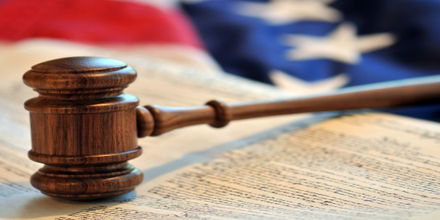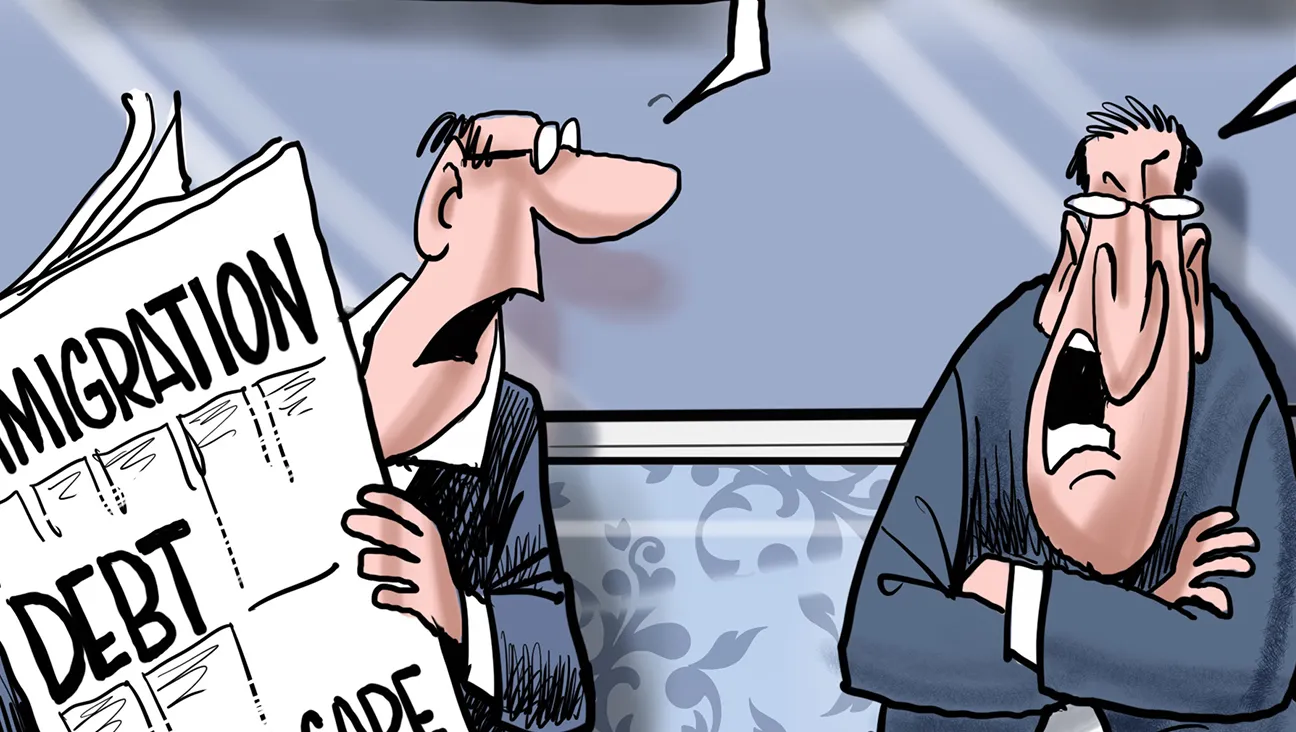The Judiciary's Role in Law Interpretation - Explained
Discover how the judiciary's law interpretation role influences legal enforcement. Explore the importance and impact of the judiciary in enforcing the law.

The Vital Role of the Judiciary in Interpreting and Enforcing the Law
The judiciary plays a pivotal role in the intricate system of checks and balances that defines modern democratic societies. Among its many responsibilities, one of the most fundamental and essential is the interpretation and enforcement of the law. This role is crucial in maintaining the rule of law and ensuring that justice prevails in society. In this article, we will delve into the multifaceted role of the judiciary in interpreting and enforcing the law and understand why this function is so vital to the functioning of a just and orderly society.
Interpretation of the Law
Statutory Interpretation One of the primary functions of the judiciary is to interpret the law, particularly when the language of statutes or laws is ambiguous or unclear. The judiciary must decipher the legislative intent behind these laws to ensure they are applied consistently and fairly. Judges often refer to legal precedents, legislative history, and various canons of construction to arrive at their interpretations.
Constitutional Interpretation In addition to statutory interpretation, the judiciary plays a critical role in interpreting constitutional provisions. This is especially important in countries with written constitutions, like the United States. The judiciary is responsible for determining the constitutionality of government actions, ensuring that they align with the principles and rights enshrined in the constitution.
Adapting to Changing Societal Values The judiciary must also adapt to evolving societal values and norms. As society changes, so does the interpretation of the law. Courts are often called upon to address novel legal issues, such as those related to technology or civil rights, and must carefully balance tradition with progress.
Enforcing the Law
?Adjudicating Disputes One of the most visible aspects of the judiciary's role in enforcing the law is its function in adjudicating disputes. When conflicts arise between individuals, organizations, or even the government, courts step in to resolve these disputes and apply the law to the specific circumstances of each case. Through this process, courts ensure that individuals receive a fair hearing and that justice is served.
?Protecting Individual Rights The judiciary serves as a safeguard for individual rights and liberties. It acts as a check on government power by reviewing the constitutionality of laws and government actions. In doing so, the judiciary protects citizens from potential abuses of authority, ensuring that the government operates within the boundaries of the law and respects the rights of all individuals.
?Upholding the Rule of Law Perhaps the most critical role of the judiciary in enforcing the law is upholding the rule of law itself. The rule of law is a foundational principle that dictates that all individuals and entities, including the government, are subject to and accountable under the law. The judiciary plays a central role in maintaining the rule of law by ensuring that laws are applied consistently and fairly to all, regardless of their status or position in society.
Balancing Independence and Accountability
The judiciary must strike a delicate balance between independence and accountability. On one hand, judicial independence is essential to prevent political interference and ensure impartial decision-making. On the other hand, judges are accountable to the law and must exercise their powers responsibly and in accordance with established legal principles.
The Role of Precedent
One of the defining features of many legal systems, particularly common law systems, is the doctrine of precedent. Precedent, also known as stare decisis, means that decisions made by higher courts serve as binding authority for lower courts when similar issues arise. This principle helps to ensure consistency in the application of the law over time.
The judiciary plays a pivotal role in the creation and maintenance of precedent. Through well-reasoned and carefully articulated opinions, judges set forth the legal principles and interpretations that guide future cases. This not only promotes predictability in the law but also enables the legal system to adapt gradually to changing societal norms while maintaining a connection to legal tradition.
Protecting Minority Rights
A vital aspect of the judiciary's role in enforcing the law is its role as a protector of minority rights. In democratic societies, the majority does not have unchecked power; it must respect the rights of minority groups. The judiciary often finds itself at the forefront of safeguarding these rights, ensuring that they are not trampled upon by the majority.
This protection can extend to various aspects, including religious freedom, LGBTQ+ rights, racial equality, and more. By upholding the principles of equality and non-discrimination, the judiciary helps create a society where every individual enjoys equal protection under the law.
Resolving Conflicts of Law
In an increasingly interconnected world, legal disputes often involve parties from different jurisdictions or countries. The judiciary also plays a role in resolving conflicts of law and jurisdiction. This involves determining which jurisdiction's laws should apply in a given case and whether judgments from foreign courts should be recognized and enforced.
International law and treaties often come into play in these situations, highlighting the judiciary's responsibility not only to national laws but also to international legal norms and agreements.
Ensuring Accountability
Judicial accountability is a cornerstone of a functioning democracy. While judges must be independent in their decision-making, they are not immune from accountability. The judiciary itself, through mechanisms like judicial conduct boards, ensures that judges adhere to ethical standards and behave in a manner consistent with the integrity of the judicial office.
Additionally, the judiciary's decisions are subject to review by higher courts, which serves as a form of accountability. If a lower court's decision is perceived to be in error or not in line with the law, it can be appealed to a higher court for review and correction.
Promoting Transparency and Access to Justice
The judiciary also plays a crucial role in promoting transparency and access to justice. Court proceedings are typically open to the public, and court records are generally accessible, subject to certain exceptions to protect sensitive information.
Furthermore, the judiciary often provides mechanisms for individuals who cannot afford legal representation to access legal services, ensuring that justice is not limited to those with financial means.
The role of the judiciary in interpreting and enforcing the law is a multifaceted and vital one in any democratic society. It serves as the ultimate arbiter of disputes, a guardian of individual rights, a protector of minority interests, and a bulwark against abuses of power. Through its decisions, the judiciary helps to shape the legal landscape, establish precedent, and ensure that the rule of law prevails.
As society evolves, the judiciary's role becomes even more critical, as it must adapt to new challenges and technologies while remaining faithful to the core principles of justice and fairness. In doing so, the judiciary plays a foundational role in preserving the values upon which democratic societies are built, ensuring that the law serves as a shield and a sword for all citizens, regardless of their station in life.
What's Your Reaction?

















